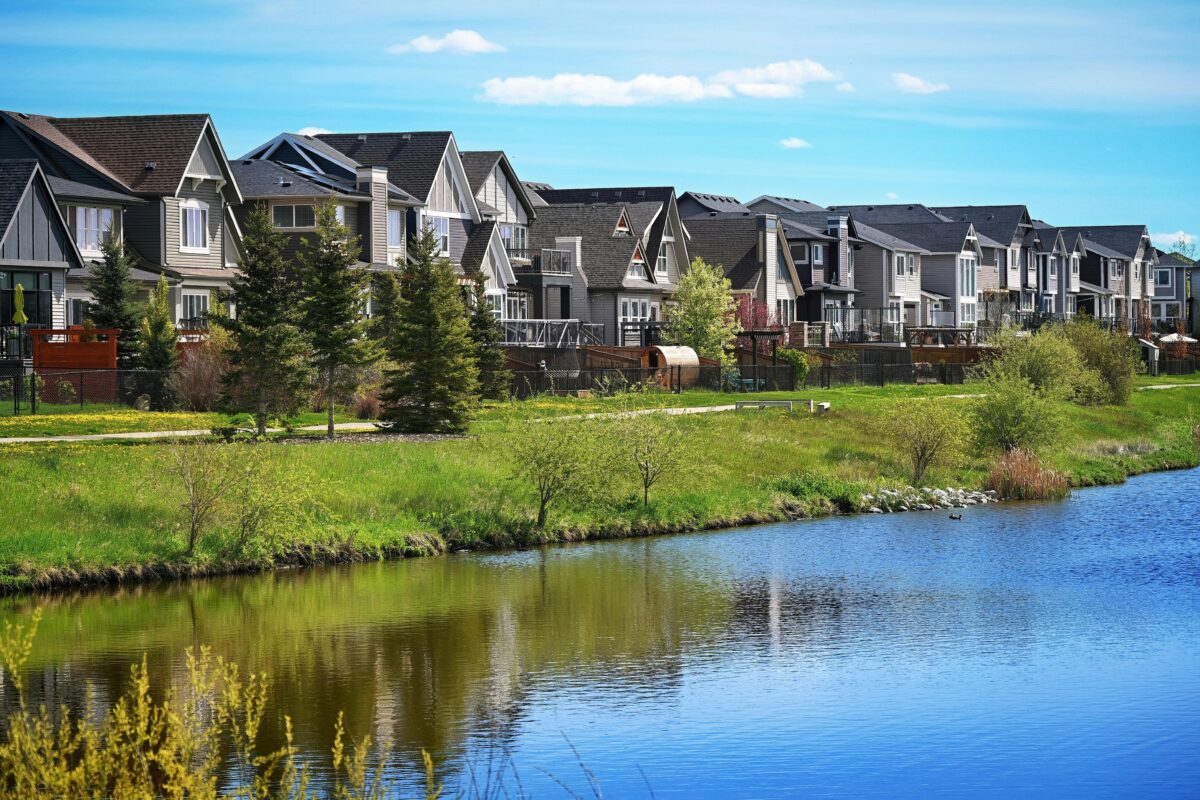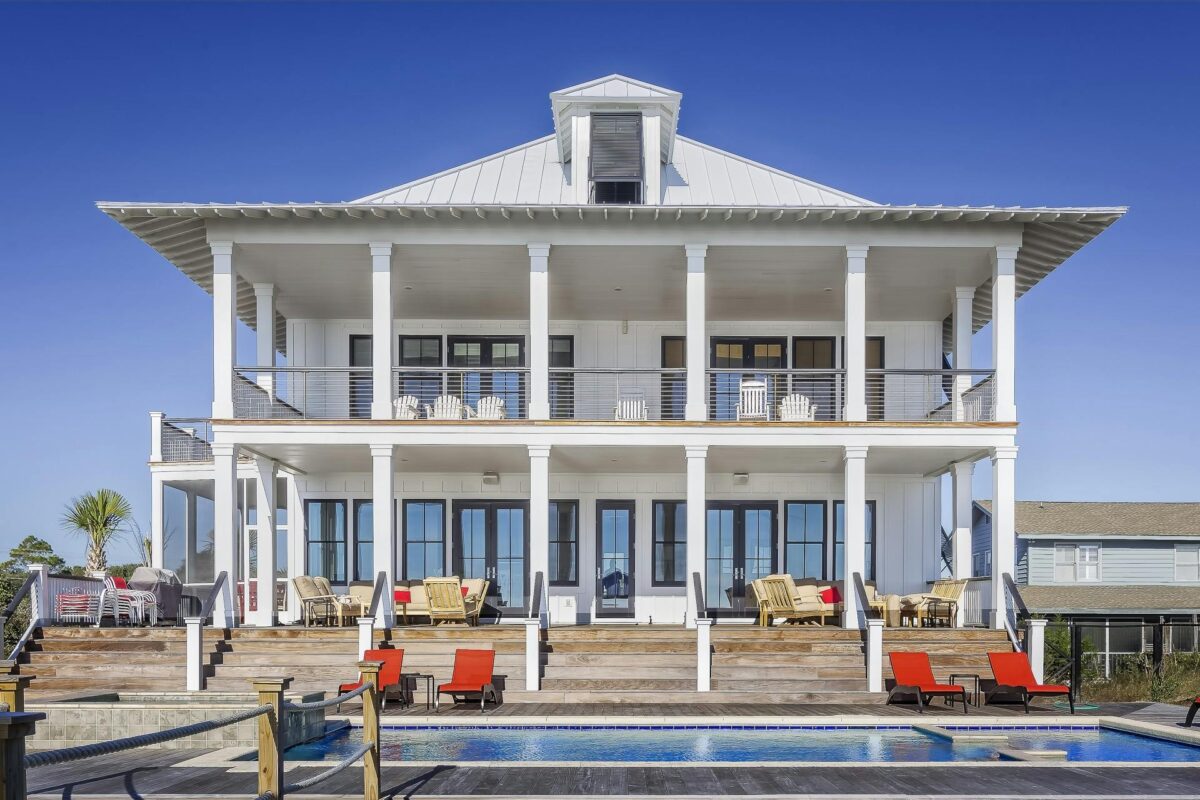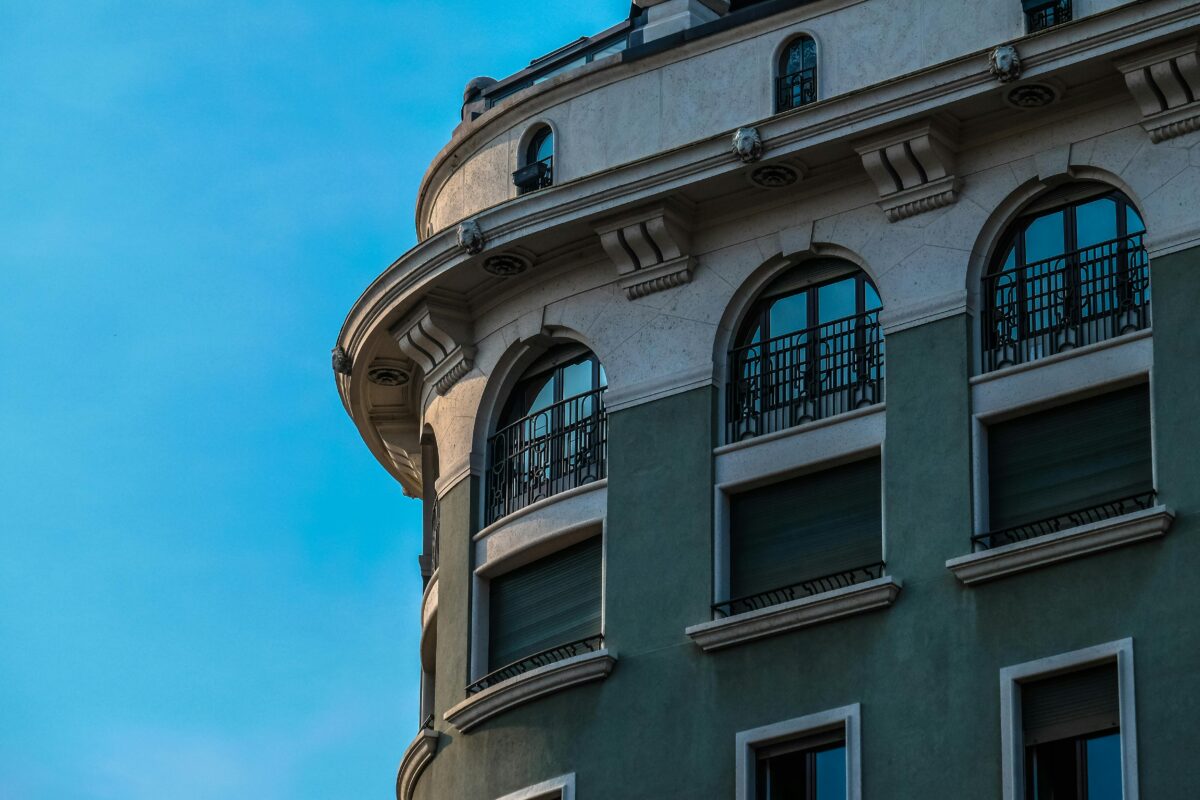Thinking about buying a condo in Toronto? With sky-high home prices and growing demand for urban living, condominiums have become a popular choice for first-time buyers, investors, and downsizers alike. But beyond the trendy amenities and stunning city views, there are critical legal steps that you shouldn’t skip—especially in Ontario.
In this article, we’ll walk you through the essential legal considerations when buying a condo in Toronto and explain why working with an experienced real estate lawyer in Toronto is one of the smartest moves you can make.
Why Condo Purchases Are Legally Unique
Unlike freehold homes, condo purchases involve shared ownership of common elements, like hallways, gyms, lobbies, and more, managed by a condominium corporation. This introduces a different set of legal complexities.
Here’s what you’re really buying:
- A unit, which you own exclusively
This is your private space inside the building, typically including your walls, floor, and ceiling. - A share in the building’s common elements
You co-own shared spaces like elevators, lobbies, amenities, and the roof, along with other unit owners. - An obligation to comply with the condo corporation’s rules
You’re legally bound to follow rules on everything from renovations to pet ownership and noise levels.
Each of these has legal implications that should be carefully reviewed before signing on the dotted line.
1. Reviewing the Status Certificate
The status certificate is one of the most important legal documents in a condo purchase. It outlines:
- The condo corporation’s financial health
It shows if the building is financially stable or facing deficits that could increase your fees. - The amount of monthly maintenance fees
You’ll learn what you’re expected to pay monthly and whether that amount is likely to rise. - Any pending legal issues or lawsuits
Legal disputes involving the condo corporation may affect your future costs or property value. - Reserve fund status for repairs and replacements
A healthy reserve fund means the condo is prepared for major repairs without sudden extra fees. - Restrictions (e.g., on pets, short-term rentals, renovations)
These rules can impact your lifestyle and rental potential, so it’s important to know them up front.
A real estate lawyer will carefully review this document to identify red flags, such as:
- Underfunded reserve funds (which could lead to special assessments)
You could be on the hook for thousands if the building needs repairs and lacks savings. - Legal disputes that may impact property value
Ongoing lawsuits can create uncertainty and discourage future buyers. - Rules that limit how you can use your unit (e.g., Airbnb bans)
Restrictions may interfere with your plans to rent or renovate.
📌 Tip: Never waive your right to review the status certificate—it’s your window into the future of your condo investment.
2. Pre-Construction Condos: What You Need to Know
Buying a pre-construction condo in Toronto is a different legal beast. You’re purchasing a unit that doesn’t yet exist, which means:
- Your deposit is held in trust, often for several years
You’re tying up a significant amount of money until the project is complete. - The builder can make changes to the floor plan
Developers often reserve the right to alter unit layouts or square footage. - Occupancy and closing dates can shift multiple times
Delays are common, so flexibility and legal protection are key.
Your real estate lawyer will:
- Review the Agreement of Purchase and Sale (APS) for clauses that may be unfavorable
Some contracts include hidden fees or vague terms that disadvantage the buyer. - Explain your 10-day cooling-off period and how to use it wisely
This is your legal window to back out without penalty if something doesn’t feel right. - Flag any hidden fees in the disclosure statement (e.g., development charges, utility hook-ups)
Additional costs can add thousands to your closing price if not reviewed in advance.
Pre-construction contracts are often written in the developer’s favour—legal review is essential before you lock in.
3. Understanding Condo Rules and Bylaws
Every condominium is governed by a set of rules, bylaws, and declarations. These can cover everything from:
- Whether you can rent out your unit
Some buildings limit or ban short-term rentals like Airbnb. - What kind of renovations are allowed
You may need approval for major work—even painting your door a different colour. - How many pets you can have (or whether they’re allowed at all)
Pet restrictions can limit your choices or affect resale value for future pet-owning buyers.
Many buyers are surprised to learn that violating condo rules can lead to fines or legal action. Your lawyer will help you understand what’s permitted and whether the building’s rules align with your lifestyle.
4. Verifying Title and Ensuring Proper Registration
Just like with freehold properties, your real estate lawyer in Toronto will:
- Conduct a title search to confirm there are no liens or encumbrances
This ensures no one else has a financial or legal claim on the property. - Ensure the seller has legal authority to sell
Verifies ownership and confirms there are no disputes or power of attorney issues. - Register your ownership and mortgage with Ontario’s land registry
This step legally confirms you are the new owner and records your mortgage with the province.
For resale condos, a title search might uncover issues like:
- Unpaid property taxes
Outstanding taxes can become your problem after closing. - Construction liens from previous renovations
If contractors weren’t paid, they may have filed a lien against the unit. - Easements or shared rights that affect your use of the unit
These can limit renovations or alter your access to parts of the property.
5. Handling Closing Day Smoothly
On closing day, your lawyer ensures the legal transfer of ownership happens seamlessly. This includes:
- Transferring funds from buyer to seller
Your lawyer ensures all money is properly transferred through trust accounts. - Registering your ownership with the Land Registry Office
This makes your ownership official and protects your rights. - Ensuring mortgage funds are disbursed correctly
They coordinate with your lender to avoid costly delays or errors. - Providing you with the keys to your new condo
Once everything’s filed and funds are exchanged, your lawyer gives the green light for move-in.
They also take care of paying:
- Land Transfer Tax (including the Toronto Municipal Land Transfer Tax)
If you’re buying in Toronto, you’ll owe two separate land transfer taxes. - Lawyer’s fees and disbursements
Your lawyer explains all costs up front, so you’re not caught off guard. - Title insurance (usually recommended and often required by lenders)
This protects you against fraud, errors in the title, or undisclosed liens.
6. Common Mistakes to Avoid When Buying a Condo
Here are some legal pitfalls condo buyers in Ontario often run into:
- Skipping legal review of the Agreement of Purchase and Sale
This document has legally binding terms that may not be in your favour. - Failing to budget for closing costs and condo fees
Hidden costs can add up quickly, especially in Toronto. - Not checking the condo’s financial health
An underfunded building could hit you with surprise repair costs. - Overlooking restrictions in condo rules and bylaws
You may be unable to rent, renovate, or live the way you planned. - Missing deadlines during the conditional period
Missing key dates can cost you your deposit or lock you into a bad deal.
A real estate lawyer in Toronto can help you avoid all of the above—and give you peace of mind from offer to closing.
Why You Need a Real Estate Lawyer in Toronto
Real estate law in Ontario isn’t just about paperwork—it’s about protecting your biggest investment. At Philer.ai, we specialize in real estate legal services for Toronto condo buyers, offering fast, efficient, and affordable support that simplifies your closing.
✅ We review your status certificate and contract
We highlight any financial or legal red flags that could affect your future as a condo owner.
✅ We ensure your purchase is registered properly
We protect your legal ownership and ensure all documents are accurately filed with the province.
✅ We catch hidden risks before they become expensive problems
Our experienced lawyers spot issues others might miss—saving you money and stress.
Whether you’re buying a resale condo or a shiny new pre-construction unit, having the right legal team on your side makes all the difference.
Final Thoughts
Buying a condo in Ontario—especially in a fast-moving market like Toronto—comes with unique legal considerations. From reviewing the status certificate to navigating complex builder contracts, the support of a qualified Toronto real estate lawyer can save you time, stress, and money.
At Philer.ai, we help condo buyers close with confidence. Ready to make your next move? Book a free consultation and let’s talk about your condo goals.








